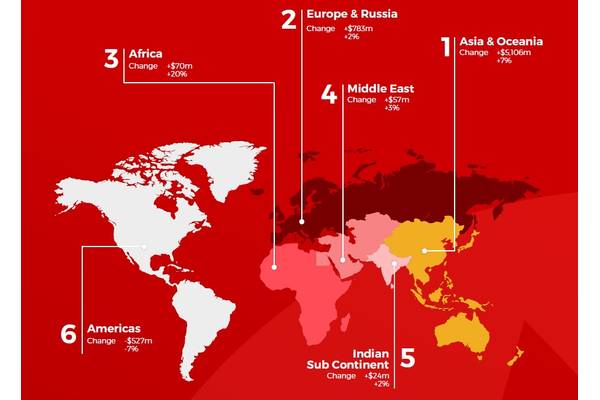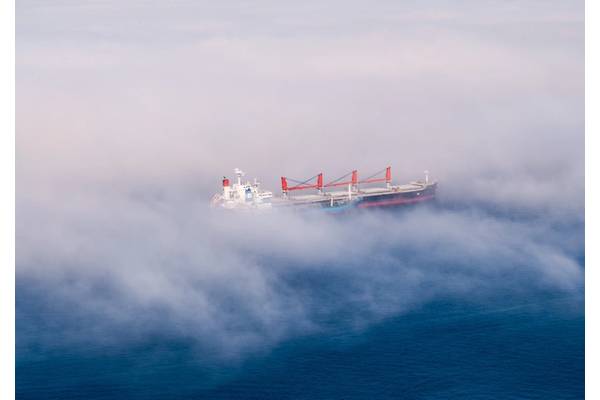Asian Bulk Fleet Gains Value in 2016
By William Bennett
December 15, 2016

Image: VesselsValue

© ArchonCodex / Adobe Stock
In what has been a very difficult year for dry bulk, the values of regional fleets have changed quite a bit over 2016. Despite the down market, the Asian fleet is 7 percent more valuable at the end of the year.
Since the Baltic Dry Index (BDI) low of 290 points in February this year, the index has recovered to above 1200 points.
Asian owners have spent $1.6 billion on secondhand vessels, 27.5 percent of global spending throughout the year. Taking delivery of 303 of the 759 bulkers built this year means their average age has fallen by almost a year. This makes the Asian fleet more modern and valuable than it was 12 months ago despite a turbulent 2016.
With a spend of only $250 million, North and South American owners have been net sellers offloading $683 million in assets. Around 7.9 percent of the fleet has been scrapped in 2016 but low deliveries and spending mean average age has fallen by 0.4 years and 6.9 percent has been wiped of the value of the Americas fleet.
The Author
William Bennett is a senior analyst for VesselsValue.com.





